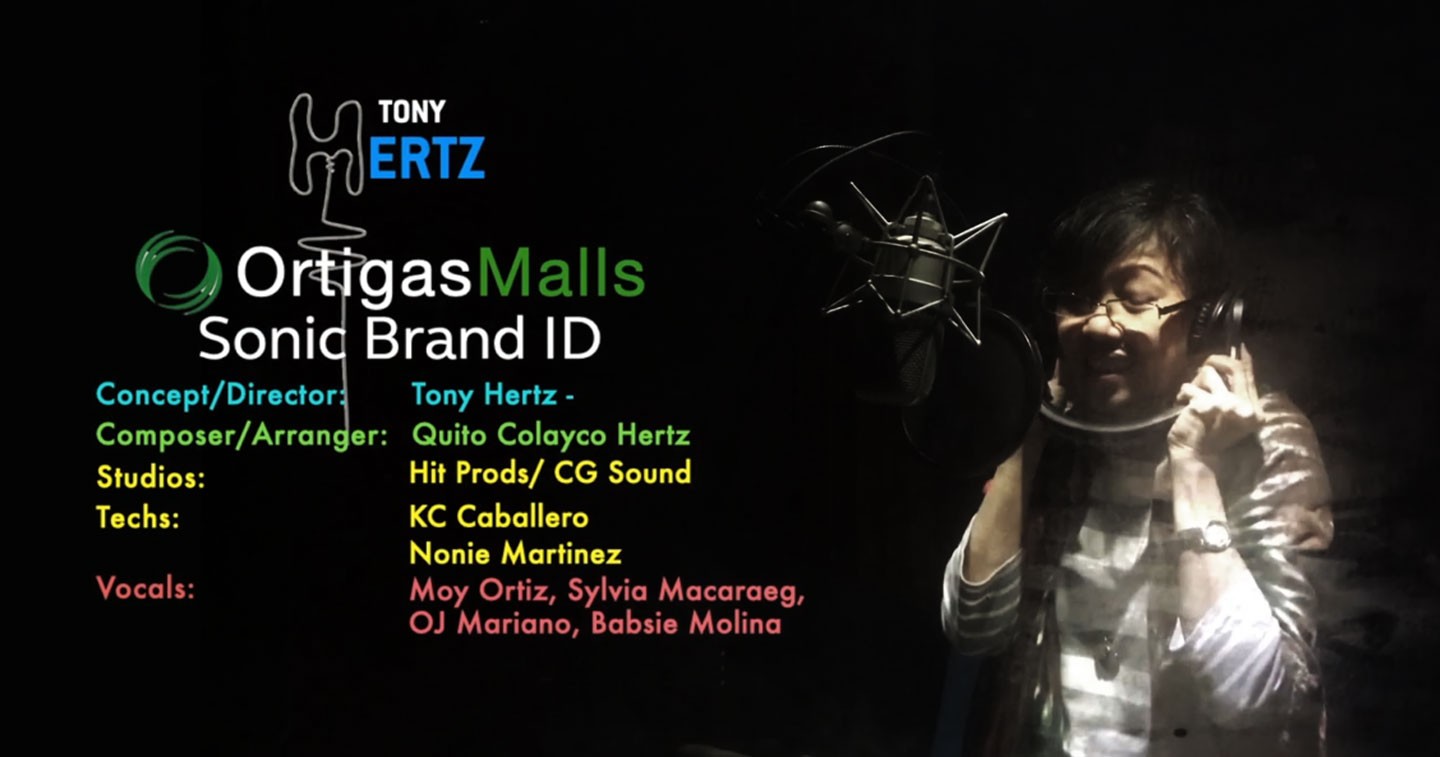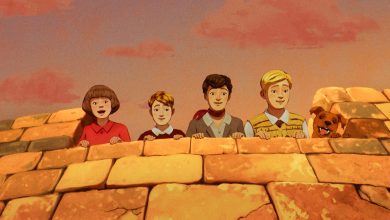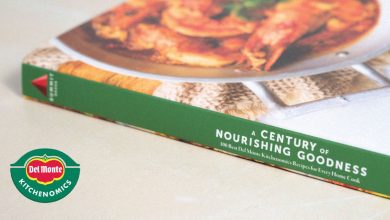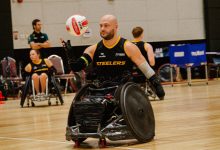MANILA, PHILIPPINES – In a time when branding and the creation of a unique identity is more omnipresent than ever, one of the more underrated and underappreciated ways to get a brand’s personality across is through the use of sound. For decades, sound was critical in advertising and marketing campaigns as radio was in its primacy worldwide. Even though a strong video element has taken over as seen on television, the internet, and mobile, audio and the use of a sonic logo is still a powerful tool for brands.
One can just think about global brands such as McDonald’s, Coca-Cola, HBO, and Netflix, and a few memorable notes played in order have become associated with them. It was with these brands in mind that award-winning Manila-based audio/radio specialist Tony Hertz pitched a sonic brand identity for Ortigas Malls, a first for malls in the Philippines. These malls, namely Greenhills Shopping Center, Estancia Mal at Capitol Commons, and Tiendesitas at Ortigas East.
Ortigas Malls Sonic Brand Identity
“A Sonic ID isn’t a jingle,” Hertz clarifies in an exclusive interview with adobo magazine. “But rather, it is a short form musical expression of a brand’s attributes aimed at being recognizable, memorable, and able to elicit emotion.” Studying the brand books of the three Ortigas Malls, Hertz noticed certain attributes that connected them while also noting that the brands’ humanity was a strong connecting factor.
Despite being located in different places and not being physically attached to one another, Greenhills, Tiendesitas, and Estancia have tried to keep themselves apart from other malls that can be found throughout the archipelago. Beyond the shopping and dining experience that visiting each of the three comes with, there are elements of fun that each mall exudes and this combination is what Hertz wanted to capture with this sonic logo.
Whereas as some of the previous examples of sonic logos were instrumental, Hertz believed that humanity had to be reflected in the sonic logo for the Ortigas Malls. “Singing is the most human music form and Filipinos love to sing,” he notes. “So that naturally drove our creative process to a vocal treatment.”
Hertz joined forces with noted composer/arranger Quito Colayco-Hertz (who just happens to be his better half) to create a six-note logo melody to capture the essence of the Ortigas Malls. This combination of six notes is deceptively simple in its arrangement yet it contains harmonies, counterpoints, and rhythm. It also exudes warmth, it is very singable, memorable, and quite importantly for branding purposes, it is flexible.
“We believe that adding an audio element to our customers’ brand experience will have a positive impact on their experience at the three Ortigas Malls,” says Monique Castaneda, Marketing Manager for Ortigas Malls. “Ortigas is proud to be a leader in this area, and although these are early days, we hope to be able to expand our use of our Sonic ID into more and more areas.”
Some of those other areas where the sonic logo can be used were mentioned by Hertz in the course of this interview. Aside from just playing it within the confines of each individual mall, it can also be played when visiting the Ortigas Malls website and/or their Facebook page. It can also be played in elevators around the malls as well as in ringtones or music played while on hold when calling the Ortigas Malls offices.
To have another option to replace the canned “muzak” played in these establishments, Hertz also created a 30-second extended arrangement of the sonic logo. Vocals were provided by Quito Colayco-Hertz herself, Moy Ortiz of The CompanY, Sylvia Macaraeg, and Nonie Martinez that was recorded in November 2019. The blending of the voices of these industry veterans underlines the warmth and human element that the sonic logo wanted to capture all along.
Even as the pandemic affected malls and shopping in general last year, a Christmas version was also recorded last year with sounds that one can easily associate with the holidays. This version was used in the malls throughout the 2020 holiday season.
A long-time advocate of the use of sound in getting a message across, Hertz’s enthusiasm in talking about the development of the Ortigas Malls sonic logo is palpable. It makes the result of his and his collaborators’ efforts even more appealing if not magical. After all, it’s no small feat to capture the entire essence of a brand in a limited number of notes. Yet here it is, and, hopefully, more people will tune in to this sonic logo and it becomes ubiquitous whenever one visits the Ortigas Malls.









